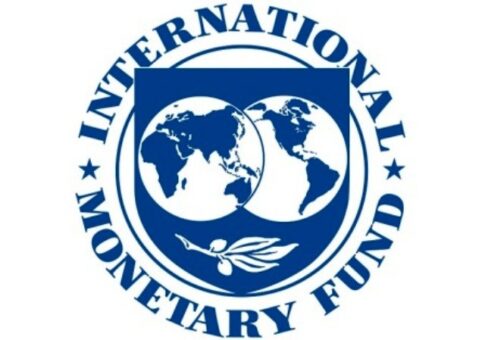In the face of a challenging economic situation marked by stagflation, severe floods, and substantial financing needs, Pakistan has actively engaged with the International Monetary Fund (IMF) to address these pressing issues.
Ms. Julie Kozack, Director of Communications at the IMF, recently shed light on the organization’s deep involvement in supporting Pakistan’s economic recovery.
READ MORE: Latest data show Pakistan’s foreign exchange reserves drop to $9.99 billion
Stagflation, a troublesome combination of stagnant economic growth and high inflation, poses significant hurdles for policymakers as they strive to stimulate economic activity while keeping inflationary pressures in check. Pakistan’s economy has been grappling with this dual challenge, further compounded by a series of shocks, including the devastating impact of severe floods. These shocks have strained the country’s financial resources and impeded its recovery efforts.
Recognizing the gravity of Pakistan’s economic challenges, the IMF has been actively engaged with the Pakistani authorities to provide assistance. As an international financial institution that promotes global economic stability, the IMF has worked closely with Pakistan to address its financing needs and support policy efforts. The commitment of financing from external partners has been welcomed. However, it is clear that significant additional financing is required to bolster the authorities’ policy measures and ensure the successful completion of the ninth review.
READ MORE: ECC approves settlement agreement for Roosevelt Hotel New York
Securing substantial additional financing is of paramount importance for Pakistan’s economic recovery and stability. Such funds would address the immediate financing needs of the country, enabling the authorities to implement vital economic reforms and development programs. This infusion of capital would provide the necessary support to stimulate growth, create employment opportunities, and alleviate the burden of stagflation. Additionally, it would empower the government to strengthen social safety nets and enhance resilience against future shocks.
Ms. Julie Kozack emphasizes the IMF’s constructive engagement with the Pakistani authorities as they navigate through these challenges and work towards advancing the economic program. The IMF team, in close collaboration with Pakistan, aims to propel the program forward and successfully complete the ninth review. This cooperative approach between the IMF and Pakistan is crucial in formulating effective policies, promoting transparency, and ensuring the efficient utilization of funds.
READ MORE: Pakistan’s tax to GDP ratio declines to 6.7% in 9MFY23
Pakistan’s economic challenges, including stagflation and the aftermath of severe floods, necessitate concerted efforts and financial support to achieve sustainable recovery. The IMF’s active engagement with the Pakistani authorities underscores the organization’s commitment to assisting Pakistan in overcoming these challenges. Additional financing, coupled with sound policy measures, will play a vital role in revitalizing the economy, creating a conducive environment for growth, and improving the well-being of the Pakistani people. The collaborative efforts between Pakistan and the IMF lay the groundwork for a more prosperous and stable future.
READ MORE: Pakistan’s foreign exchange reserves inch up to $10.04 billion
